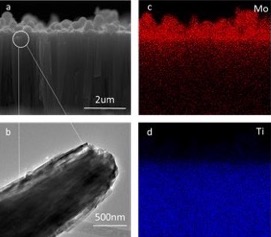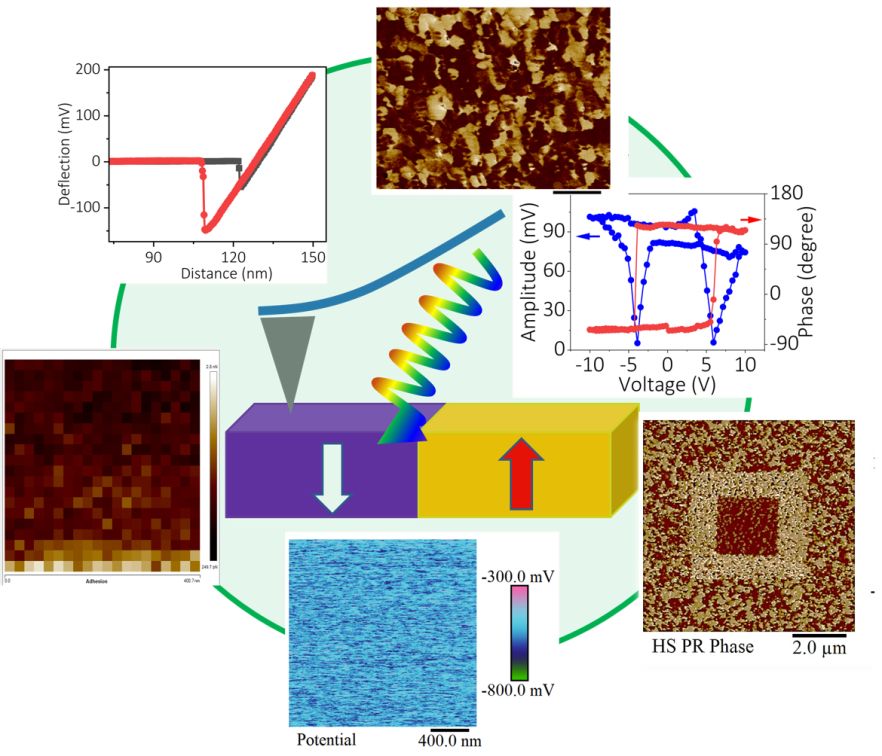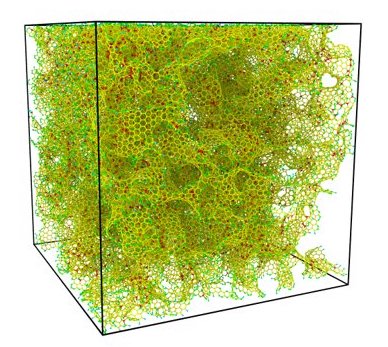Centre for Sustainable Engineering
Research Themes
Sustainable Materials
Our research is focused on the development of materials with higher efficiencies and longer life times. This is often achieved by the synthesis of nanostructured materials with engineered microstructures produced using industrially scalable and economically viable processes. An over-arching theme in all of the research is the development of materials based on earth abundant elements that are sustainable and non-toxic. This includes oxide and sulphide based thermoelectrics, lead-free dielectrics, rare-earth free hard magnets for electric motors and metal halide perovskites for solar cells. From the beginning of our research, the reuse and recycling of materials is considered, and at later stages quantified using life cycle impact analysis techniques.
Sustainable Energy
We conduct world-leading research on exciting technologies that enable the more sustainable harvesting, transformation, transport, storage and management of energy. This spans the development of high performance next generation photovoltaic technologies, thermoelectric generators, nanogenerators, biomass technologies, ferroelectrics and redox flow batteries. These technologies will collectively address the crucial need to decarbonise our future energy supply and global energy shortage, yet minimising the impact upon the environment and climate.
Chemical Processes and Systems
Our cutting edge research is centred on the development and engineering of new and sustainable chemical processes and systems, to the benefit of all mankind. The central theme is to provide solutions for the challenges posed by the transition from a fossil-fuel based to a carbon-neutral society. This includes the development of alternative / renewable fuels (using waste materials and production of biofuels from micro-algal suspensions), novel carbon energy materials (biochars from waste materials and smart electrodes for electrochemical devices), development of sustainable drinking water treatment processes, including removal of PFAS (“forever chemicals”), reducing greenhouse gas (GHG) emissions from NH3 as alternative fuel, transport of impure C O2 in pipelines for geological sequestration and the recovery of deep geothermal energy. Additionally we cover the design of nano-emulsions for targeted drug delivery and biochars for Anti-Microbial Resistance applications.




